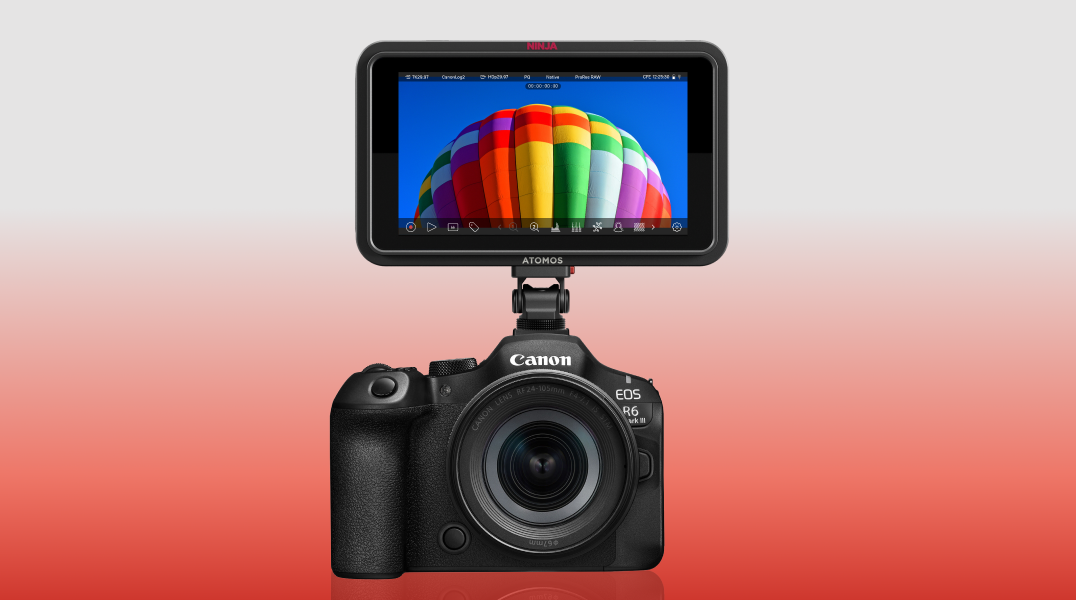CE arm challenges RIAA on fair use
The Home Recording Rights Coalition (HRRC), an arm of the Consumer Electronics Association (CEA), challenged an assertion by the Recording Industry Association of America’s (RIAA) to the FCC that home recordings made from digital audio (DAB) broadcasts for personal, private non-commercial use are “not protected against a claim of infringement by the fair use” under the Copyright Act.
The RIAA’s position signals a broader content industry objective: to remove fair use protection from home recording itself, and to require content owner authorization whenever consumer electronics and information technology products encounter copyrighted content.
In the Betamax decision, the Supreme Court ruled that it was legal for Americans to record free-over-the-air content. Twenty years later, copyright holders are again claiming that tens of millions of Americans who make recordings for personal use — including use of a TiVo or digital video recorder — are copyright criminals.
The RIAA made the assertion in a February letter to the FCC that it filed in the Digital Audio Broadcast Docket (No. 99-325). RIAA added that it “does not oppose” the “manual recording of DAB broadcasts” — but failed to explain how, if such home recording is not fair use, RIAA’s own forbearance of “opposition” would protect consumers, technologists and retailers from suit by any copyright proprietor wishing to file suit.
Similarly to the RIAA position, representatives of the MPAA say that they do not “oppose” consumer use of TiVos and similar consumer electronics, cable, and satellite devices. Yet the MPAA and its members also take the position that such recording is not fair use and, unless specifically authorized in every case, constitutes copyright infringement.
For more information, visit www.hrrc.org/.
The professional video industry's #1 source for news, trends and product and tech information. Sign up below.
